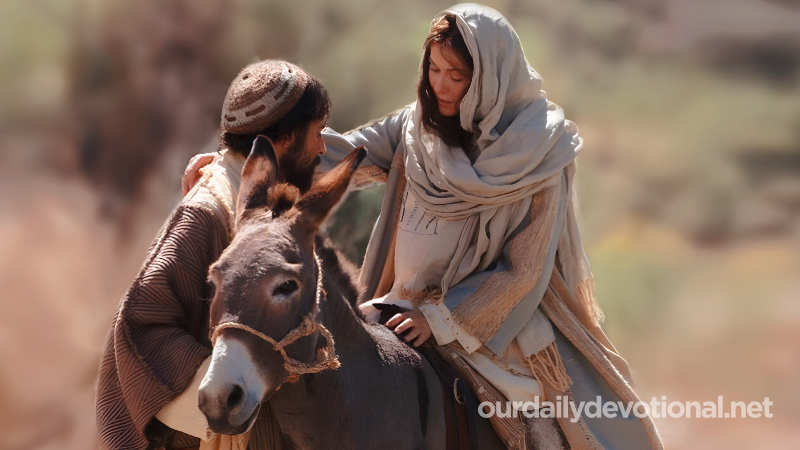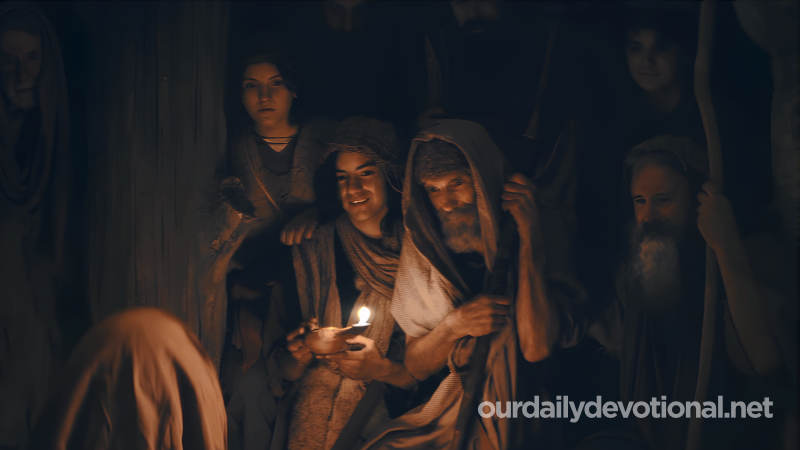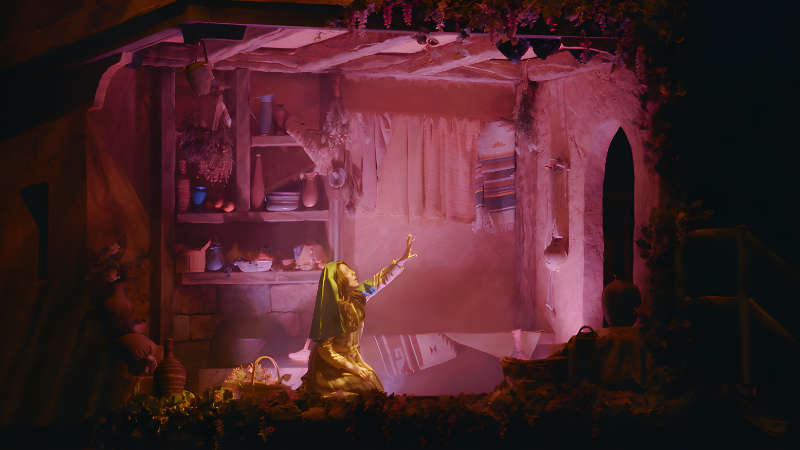"cutting".
Son of Joash, of the family of Abiezer, of the tribe of Manasseh; he lived in Ophrah (Judges 6:11). While he was shaking wheat in the winepress at Ophrah to steal it from the Midianite bandits, the angel of Jehovah called him to deliver the people from him (Judg. 6: 12-24). Gideon immediately offered a sacrifice (cp. Ex. 20:24).
That same night he tore down the altar of Baal, which belonged to his father, and set up an altar to Jehovah (Judg. 6:25-27). The city's inhabitants demanded Gideon's death, but his father argued that Baal himself should defend his cause, if he were god.
Gideon was named Jerobaal: "Let Baal contend." Gideon summoned the men of Manasseh, Asher, Zebulun and Naphtali (Judg. 6:35). He hesitated, however, about answering the call, until it was confirmed by the double miracle of the woolen fleece (Judg. 6:36-40).
He reduced the number of his troops from 32,000 men to 300, so that the glory of the victory would not be attributed to man, but to God. He next attacked the camp of the Midianites, which was in the valley of Jezreel (Judges 6:33), near the hill of More (Judges 7:1).
In their rout, the Midianites fled towards the Jordan and towards their country (near the Gulf of Akaba) (Judg. 7:24-8:3). Gideon and his men pursued the Midianites to the edge of the desert; They took the two kings of Midian prisoner, and then Gideon killed them (Judg. 8:4-21).
The Israelites wanted to offer the crown to Gideon, who rejected it, reaffirming the theocratic principle: Jehovah was the king of Israel (Judg. 8:22). So Gideon made an ephod from the gold earrings of the Midianites. He placed it in Ophrah, in the place where Jehovah had appeared to him and where he had commanded him to erect an altar to Jehovah to offer him a burnt offering (Judg. 6:12, 26).
It is evident that the great privileges given to Gideon led him to think that the way to the priesthood was open to him, having as the high priest the right to consult God for the people through the ephod. This lack of prudence had dire consequences: the ephod became a snare for himself, for his family, and for all Israel (Judg. 8: 24-27; cp. Lev. 20: 6).
Gideon had numerous wives and 70 children, including the ill-fated Abimelech.
Gideon died at an advanced age (Judg. 8:29, 32; Heb. 11:32).
Meaning of GIDEON
"cutting".
Son of Joash, of the family of Abiezer, of the tribe of Manasseh; he lived in Ophrah (Judges 6:11). While he was shaking wheat in the winepress at Ophrah to steal it from the Midianite bandits, the angel of Jehovah called him to deliver the people from him (Judg. 6: 12-24).







